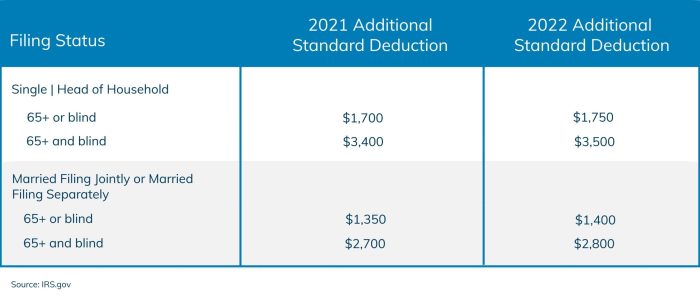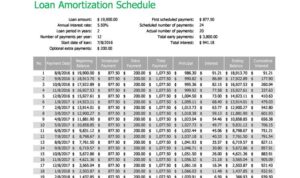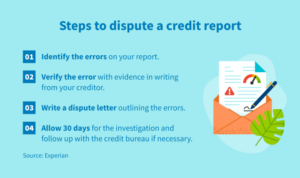Tax deductions for small businesses are like a hidden treasure waiting to be discovered, offering a pathway to financial success and stability. Get ready to dive into the world of tax deductions and uncover the key strategies that can benefit your small business.
Importance of Tax Deductions for Small Businesses
Tax deductions play a crucial role in helping small businesses reduce their taxable income, ultimately leading to lower tax liabilities. By taking advantage of various deductions, small businesses can save money and improve their cash flow, allowing them to reinvest in their operations and grow their business.
Examples of Common Tax Deductions
- Business expenses such as rent, utilities, and office supplies
- Employee wages and benefits
- Depreciation of business assets
- Health insurance premiums for employees
- Travel and transportation expenses related to business activities
How Tax Deductions Help Small Businesses
Tax deductions provide small businesses with the opportunity to reduce their taxable income, resulting in lower tax bills. This savings can be used to reinvest in the business, purchase new equipment, hire more employees, or expand operations. By maximizing deductions, small businesses can improve their bottom line and achieve financial stability.
Eligibility Criteria for Small Business Tax Deductions

To qualify for tax deductions, small businesses must meet specific requirements set by the IRS. Factors such as the size, structure, and type of business can impact eligibility for these deductions.
Size of Business
Small businesses are generally defined as those with fewer than 500 employees. Businesses exceeding this threshold may not qualify for certain deductions targeted at small businesses.
Structure of Business
The structure of a business, whether it is a sole proprietorship, partnership, corporation, or LLC, can also affect eligibility for tax deductions. Each type of business entity has different tax rules and regulations.
Type of Business
Certain industries may have specific tax deductions that small businesses should be aware of. For example, businesses in the manufacturing sector may qualify for deductions related to equipment purchases, while tech companies may be eligible for research and development credits.
Types of Tax Deductions Available
When it comes to tax deductions for small businesses, there are various types that can help reduce the overall tax burden. Let’s explore some of the key deductions that small business owners can take advantage of to save money.
Business Expenses
- Office Supplies: Costs for necessary supplies like paper, pens, and printer ink can be deducted.
- Salaries: Wages paid to employees, including bonuses and benefits, are typically deductible.
- Utilities: Expenses for services such as electricity, water, and internet used for business purposes are eligible for deduction.
- Rent: Monthly lease payments for office space, storefronts, or equipment can be deducted as a business expense.
Investments and Capital Expenditures
- Equipment: Purchases of machinery, computers, vehicles, or other necessary equipment for the business can be deducted, either in full or through depreciation over time.
- Technology: Investments in software, hardware, or IT infrastructure that are essential for business operations may also qualify for tax deductions.
- Property: If a small business owns property used for business purposes, expenses related to maintenance, repairs, or improvements can often be deducted.
Record Keeping and Documentation for Tax Deductions
Maintaining accurate records and documentation is crucial for small businesses when claiming tax deductions. It not only helps in substantiating the expenses claimed but also ensures compliance with IRS regulations.
Organizing Financial Records
Keeping financial records organized is key to easily accessing and retrieving information when needed. Utilize accounting software or spreadsheets to track income, expenses, and other financial transactions.
Managing Receipts and Invoices
Save all receipts and invoices related to business expenses, as they serve as evidence for claiming deductions. Create a system to store and categorize these documents for easy reference during tax filing.
Importance of Proper Documentation
Proper documentation not only supports your deduction claims but also acts as a defense in case of an IRS audit. Without adequate records, you risk losing out on legitimate deductions and facing penalties for inaccurate filings.
Risks of Inadequate Record-Keeping
Inadequate record-keeping can lead to disallowed deductions, tax penalties, and even audits by the IRS. It is essential to maintain detailed and accurate records to avoid these risks and ensure smooth tax filing processes.
Maximizing Tax Deductions for Small Businesses
When it comes to maximizing tax deductions for small businesses, strategic planning is key. By taking advantage of various techniques and tools, small business owners can reduce their tax liabilities legally while optimizing their financial situation. Let’s dive into some effective strategies for maximizing tax deductions.
Planning Expenses Wisely
- One effective strategy is to plan expenses wisely throughout the year. By strategically timing purchases and investments, small businesses can maximize their deductions while staying within budget.
- Consider prepaying certain expenses, such as rent or insurance premiums, at the end of the year to accelerate deductions and lower taxable income.
- Take advantage of Section 179 deductions for equipment purchases, allowing businesses to deduct the full cost of qualifying assets in the year they are placed in service.
Utilizing Tax Credits
- Explore available tax credits for small businesses, such as the Research and Development Tax Credit or the Work Opportunity Tax Credit, to further reduce tax liabilities.
- Consult with a tax professional to identify and take advantage of all eligible tax credits, ensuring that your business maximizes its tax-saving opportunities.
- Keep abreast of changes in tax laws and regulations to leverage new tax credits or incentives that may benefit your business.
Seeking Professional Help
- Engage the services of a qualified tax professional or accountant to assist in tax planning and optimization.
- A tax professional can provide valuable insights into deductibility rules, tax-saving strategies, and compliance requirements, helping small businesses navigate the complex tax landscape.
- Work closely with your tax advisor to develop a customized tax plan tailored to your business needs and financial goals.






